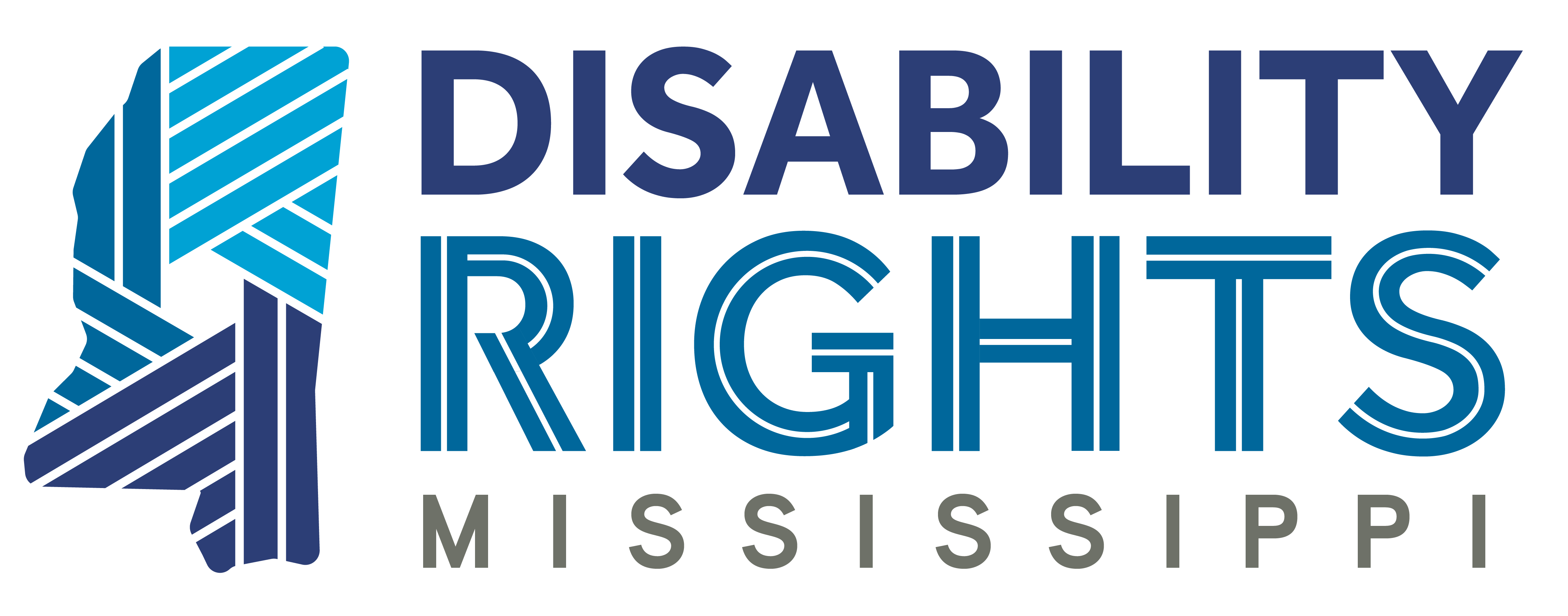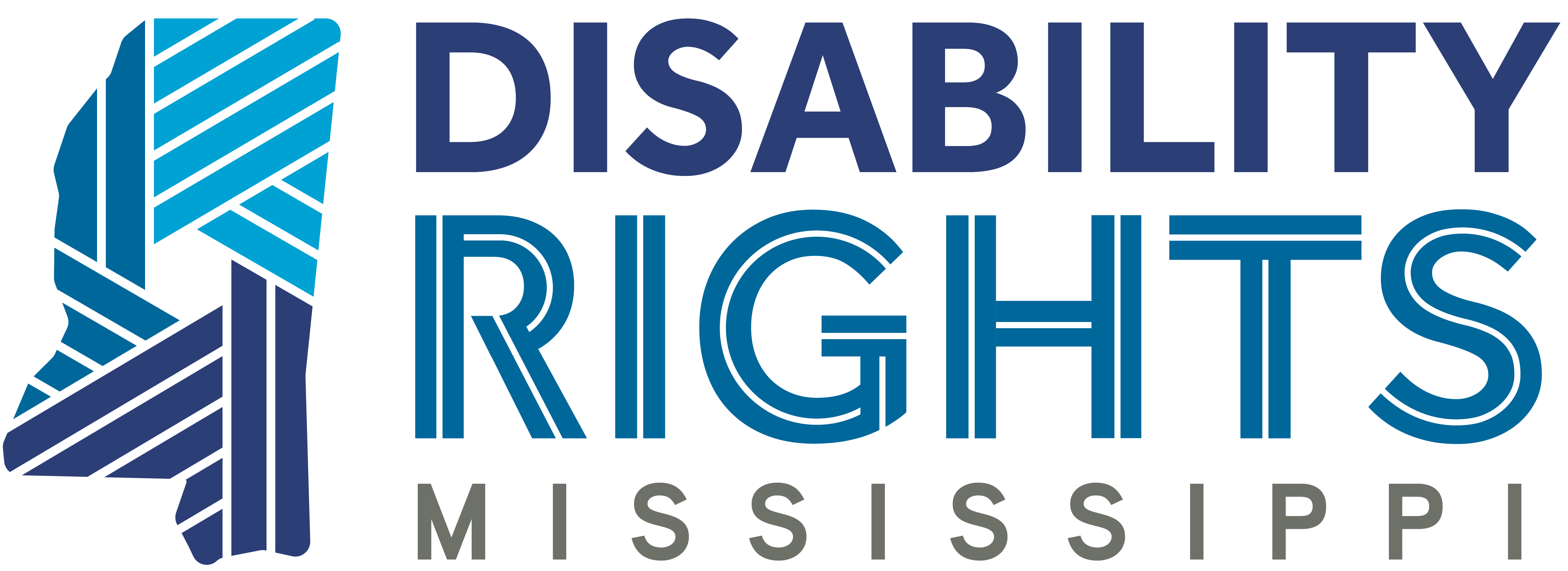Ensuring children with disabilities have access to free and appropriate public education.
INCLUSION IN THE LEARNING PROCESS: IT’S AN OBLIGATION!
Here’s a recent success story: An example of what advocacy can accomplish:
One of our experienced education team advocates served a six year old boy with autism in Philadelphia. When she first observed him, he was in a self-contained classroom due to behavior problems. In an IEP meeting, She asked the District to allow him to be placed in a regular first grade classroom with an assistant for one hour a day. They agreed and in a recent follow-up meeting, she learned that the child is doing well in regular ed first grade; and the District had, without being asked, included him in first grade reading for two hours a day. The advocate then asked them to extend his time for another two hours for math, and they agreed. The child is working on grade level now
Disability Rights Mississippi is proud to be one of the few P&A’s that has a strong focus on being a presence in the school systems around the state. Our education advocates have found that there continues to be a prevalent need throughout MS for systems change and for enforcement of regulations that address issues that hinder the academic process for children with disabilities. It is a good idea for parents to have the involvement of an education advocate when considering the options available for special education and for navigating the school system specifics. It can be a vital asset to have an advocate assist parents and educators communicate effectively during the evaluation and determination process. The goal is always to have the most successful scenario possible, while making sure that the parents and educators have utilized all programs that the child with impairment has a right.
IDEA –
(The Individuals with Disabilities Education Act, as Amended) requires that a written individualized education program (IEP) be developed for each child to meet his/her educational needs. Every child needing special education must have an IEP, and it must be reviewed and updated at least once a year by the IEP committee.
Parents should never be coerced or intimidated into accepting an IEP they feel is inadequate or inappropriate. Education advocates at MS Protection and Advocacy can open a case that will work with parents in resolving any problems or concerns regarding the IEP development. We do have an IEP checklist brochure that is available upon request to better assist parents in the beginning stages, in order for them to be the best self advocates possible.
Remember, when you know your child’s rights, then you will be better able to negotiate with the school to ensure that your child will not miss out on important services to which he or she is entitled.
Parents, make sure you get a copy of your child’s IEP!
Section 504:
Section 504 is part of the Rehabilitation Act of 1973 that focuses on protecting people with disabilities against discrimination. Most students who qualify for a 504 program are students who do not need special education under the Individuals with Disabilities Education Act (IDEA), but they do need some accommodations to the classroom or curriculum. Only about 1 -2 percent of students are eligible under Section 504 alone. Section 504 regulations do not address whether a disability must be permanent or temporary. Therefore, a student who has a serious, but temporary illness or is recovering from injuries obtained in an accident, may be eligible for a 504 accommodation plan. If you have questions regarding whether or not child is eligible for a 504 plan, please contact our agency for further guidance, we’ll be glad to assist your family.
Please look into these helpful resources:
Links:
Mississippi’s Office of Special Education



Comments are closed